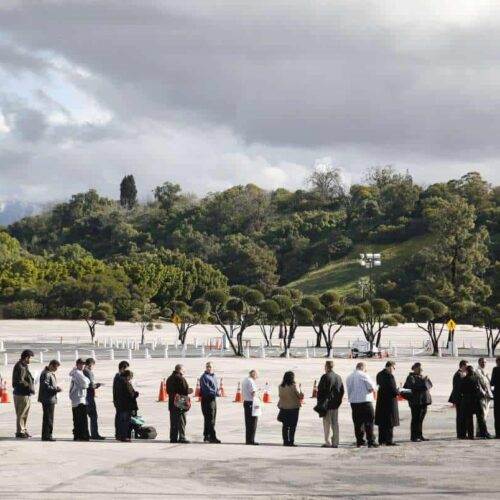Introduction

Reporter Arthur Delaney, who is working with us on the Raw Deal project, has written Huffington Post’s first published e-book: A People’s History of the Great Recession.
Delaney specializes in “putting flesh and blood on the statistics” of economic calamity, as his news site says. In his book you will find the voices of people like Bob Poropatich, of Pittsburgh, who was working part-time as a barista after losing his job as a manager for a major clothing retailer during the recession.
Porapatich had been with the company for six years, had a master’s degree, and 30 years experience in the field. When Delaney interviewed him last spring he was making lattes, earning about $180 a week.
Porapatich told Delaney that the worst day he had to endure was when his ex boss, the one who laid him off, came in and ordered a venti mocha. “It didn’t faze him at all,” Porapatich recalled. “I felt like I was two inches tall. I wanted to say, `Excuse me,’ and run into the bathroom.”
Poropatich landed a second job stocking shelves at a grocery store. “Together both jobs pay me not even close to a third of what I made when I had just one job,” he told Delaney.
Like many of those that Delaney has interviewed, Porapatich believed that his age—he was in his late fifties when he lost his job—was held against him when he applied for work. After a while, he began offering prospective employers a deal: if they hired him, he wouldn’t sign up for health insurance.
But “nobody is impressed,” he said.
Delaney has come up with “rules” faced by job searchers these days. Don’t Be Old. Don’t Be Unemployed. Don’t Expect To Make More Money At Your Next Job.
The numbers are grim. Yesterday, the Kaiser Family Foundation published a study on health care costs which showed that, even in times when many working families have one or more breadwinners out of work, the average annual premium for family coverage offered by employers rose by 9 percent in the last year, to $15,073. That cost has roughly doubled since 2001.
In response to soaring costs, more firms are charging higher premiums, or offering their employees policies with bigger deductibles and co-payments.
As part of the Raw Deal project, Delaney is working on a story about changes in the bankruptcy law. His colleagues are working on income inequality, tax fairness, offshoring, minority health care and other issues.
If you have a story you would like to share, contact us at RawDeal@publicintegrity.org. We would like to hear from you.
Read more in Money and Democracy
Money and Democracy
FACT CHECK: Gov. Christie leaves out the truth behind his tax cuts
N.J. Gov. Chris Christie drastically reduced his state’s budget deficit, but slashed homeowner benefits to do so

Join the conversation
Show Comments